Norway has a forward-thinking approach to using technology in schools and preparing children for a new, more-technology driven workplace, writes Sarah Fawcett, Global Program Manager, Single Board Computers at Farnell.
The World Economic Forum estimates that 65% of children who entered primary school in 2016 would end up working in jobs that didn’t exist at the time.
Education departments worldwide are starting to place a stronger emphasis on teaching new skills to prepare children for this change. Problem solving and computational thinking skills are recognised as fundamental to reducing the digital skills gap and fostering innovation within the young leaders of tomorrow.
The Inspiria Science Centre in Norway is at the heart of a drive to introduce critical problem-solving skills to 11-12 year olds, through the use of modern technology and electronics. The project creates a pathway for teachers to develop their understanding of electronics, through which core skills such as computational thinking can be learnt. Back in the classroom, using technology within real world scenarios, is providing a new, practical and fun way for children to learn.
Working with the Norwegian government, and partnering with Farnell, Inspiria has taken a quantum leap for the development of computational thinking skills with the super:bit kit. A total of 2,700 kits, developed, kitted and distributed by Farnell, have already been received for use in secondary schools in Norway, To aid the rollout, and support educators, Inspiria has run a series of teacher training courses which cover the basic concepts of coding and show how to implement interactive lesson plans. Following attendance, teachers receive a super:bit kit to take back to their schools, so they can put their learning into practice.
Responding to a challenging tender
The micro:bit is part of a global movement to create fun and interactive environments for youth to learn about coding and electronics. Inspiria wanted to combine this tool with other technologies to create a new generation of teaching aid. At the beginning of the project, the other technologies were not defined beyond the idea stage, and in some cases did not exist within the market.
Farnell has manufactured and sold more than 4.5 million micro:bit boards to date. This, combined with experience as a global electronics distributor, made it the only company with the technical and commercial experience, breadth and scale to deliver the project. Farnell’s knowledge of the micro:bit, in-house technical capability and existing supplier network, equipped it to design, source and manufacture the components required. Furthermore, Farnell has the experience and capabilities to do all this at pace, delivering the first shipment of super:bit kits within three months of receiving the signed tender contract.
Developing the super:bit kit
Each super:bit kit consists of 15 core components, including micro:bit, USBs and battery holders; customised Bit:BotXL robots with a ready-soldered, robust and reliable ultrasonic sensor and pen-holder; a NeoPixel LED strip with an integrated RGB (red, green and blue) driver on each LED; and 180o/360o servos motors. Other components include a buzzer and alligator clips. The entire kit is provided in a recyclable plastic box for easy storage.
Farnell worked closely with Inspiria to ensure that components within the kit fitted the brief, and were suitable for use in an educational setting, by children. Farnell’s design team adjusted standard LED strip designs to incorporate 400mm wires enabling school children to easily connect the LED strip to the micro:bit using the alligator clips.
The risk of static discharge created by the children when handling components was alleviated by adding resistors to the LEDs. And all components were packaged in Farnell’s anti-static bags.
The super:bit kit includes the biggest volume of robots ever manufactured for a single education project.
Selecting the correct robot was critical. Inspiria had limited knowledge of what was available in the market, and Farnell helped Inspiria select the right one for them.
Inspiria’s brief required a user-friendly robot that would withstand a classroom environment.
Farnell worked directly with 4tronix, the IP owner of the Bit:Bot, and Embest, its in house manufacturing business, to customise and manufacture a bespoke Bit:BotXL with aan ultrasonic sensor and pen holder as standard. By utilising manufacturing capabilities in house, Farnell ensured impeccable quality, the required functionality components which performed consistently – essential in an education environment.
Sustainability and functionality built-in
Whilst meeting specific educational goals, Inspira also wanted the kit to be functional and sustainable. The classroom kit was designed to be compact and able to the stacked easily on a standard classroom shelf so that it was not obstructive when not being used. Within the classroom kit there was space to store additional teaching resources such as pens, lesson plans and other, existing computing hardware.
Farnell sourced an equipment box made from certified recyclable plastic, and minimised other use of plastic. Recycled cardboard sleeves and reusable storage boxes made from recycled cardboard with integrated into the kit. Sustainability was also ensured throughout the supply chain.
Components were packed in kits size quantities to reduce individual product packaging and kits were delivered to Inspira in recycled cardboard boxes.
Delivering expert logistics for on-time delivery
Farnell worked with an existing partner to complete kitting and ship kits. The partnership ensured impeccable levels of quality were maintained through the kitting process along with a guaranteed delivery date to support project roll out, despite challenges presented by transport links in Norway and its mostly coastal road network.
A prototype for electronics education
The super:bit kit targets the development of computational thinking and problem-solving skills in children aged 11-12, but also delivers a cohort of teachers, armed to inspire a generation of children.
Fundamental to the projects ongoing success were the upfront training courses for teachers, developing a confidence in the technologies that could enhance the learning experience for children.
The super:bit project may mark the beginning of a revolution within education in Norway, and Farnell is already working to produce additional kits for schools in Norway, wanting to support multiple classes.
Farnell has helped deliver numerous projects to support product-led STEM learning and works alongside governments and educational institutions around the world.
Geir Endregard, Chief Executive Officer of Inspiria Science Centre said: “We are very happy that Farnell won the international bid on the equipment for the super:bit project in Norway. The company has been extremely professional to deal with and we are especially pleased with the focus on ensuring high quality products with long durability, suitable for school use year after year. The logistics have also been executed in an outstanding way and we look forward hopefully to extending the super:bit range of products in future in Norway – and maybe spread some of it to other countries as well.”
Farnell delivered this project, drawing upon its 80 years’ of experience in global distribution and strong network of suppliers. The delivery of projects for education also requires flexibility. Farnell has manufactured the micro:bit since its launch in 2016 when it worked with the BBC to deliver its Make it Digital campaign, and one million micro:bit to UK schools. This combination of skills, experience and expertise means that Farnell can deliver unique projects that can inspire a generation.


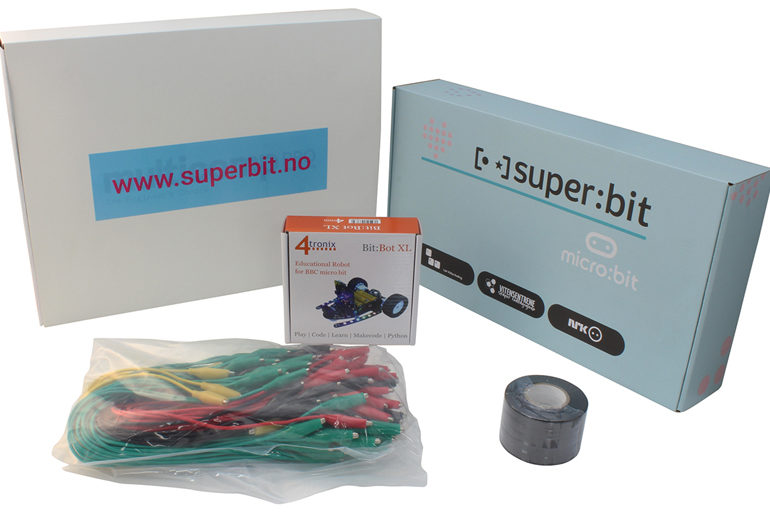
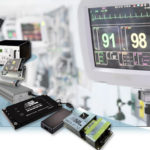
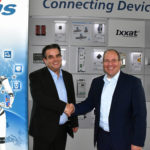
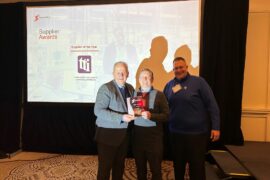
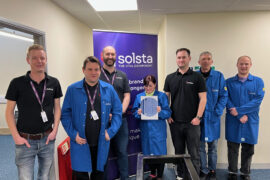

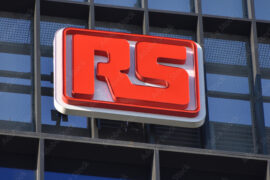
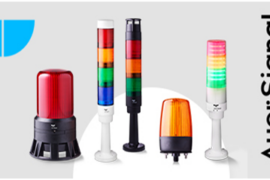

Comments are closed.